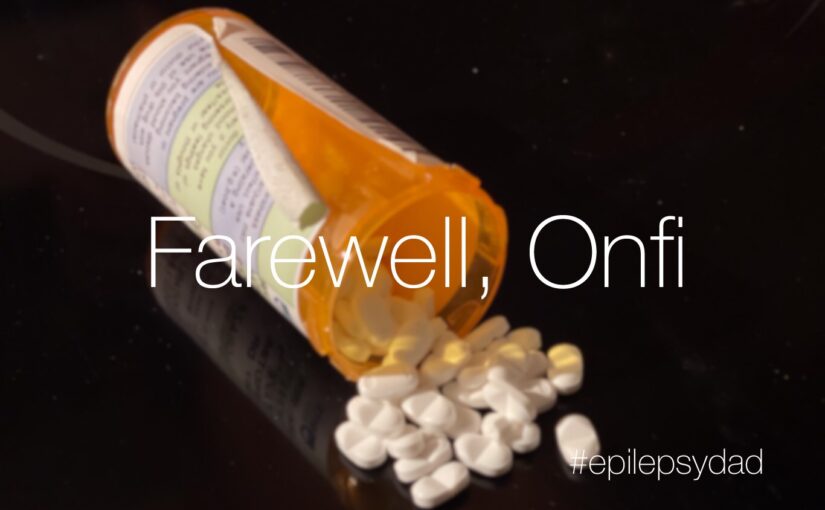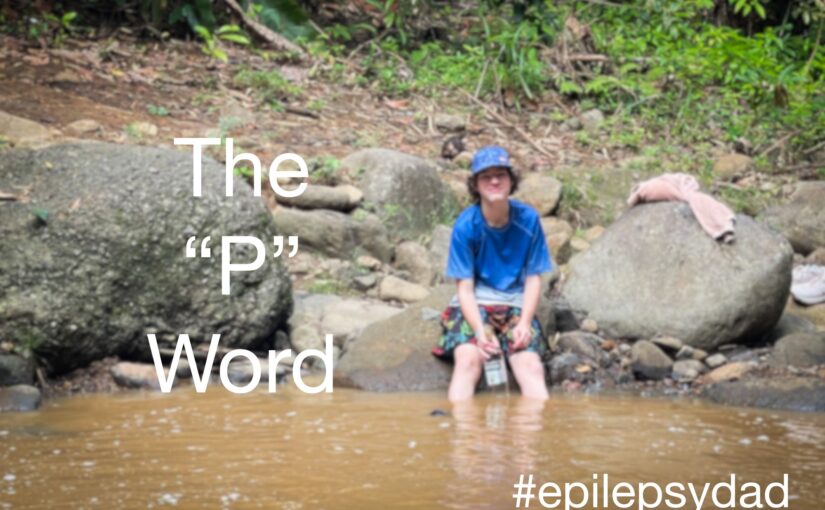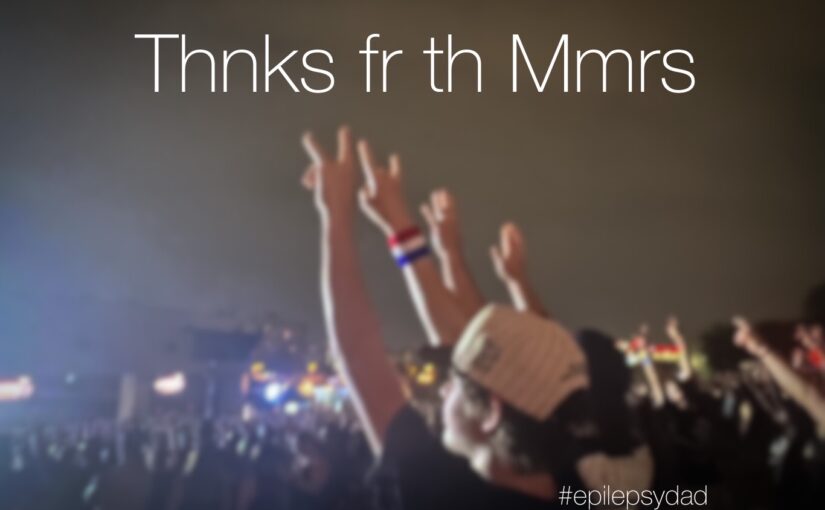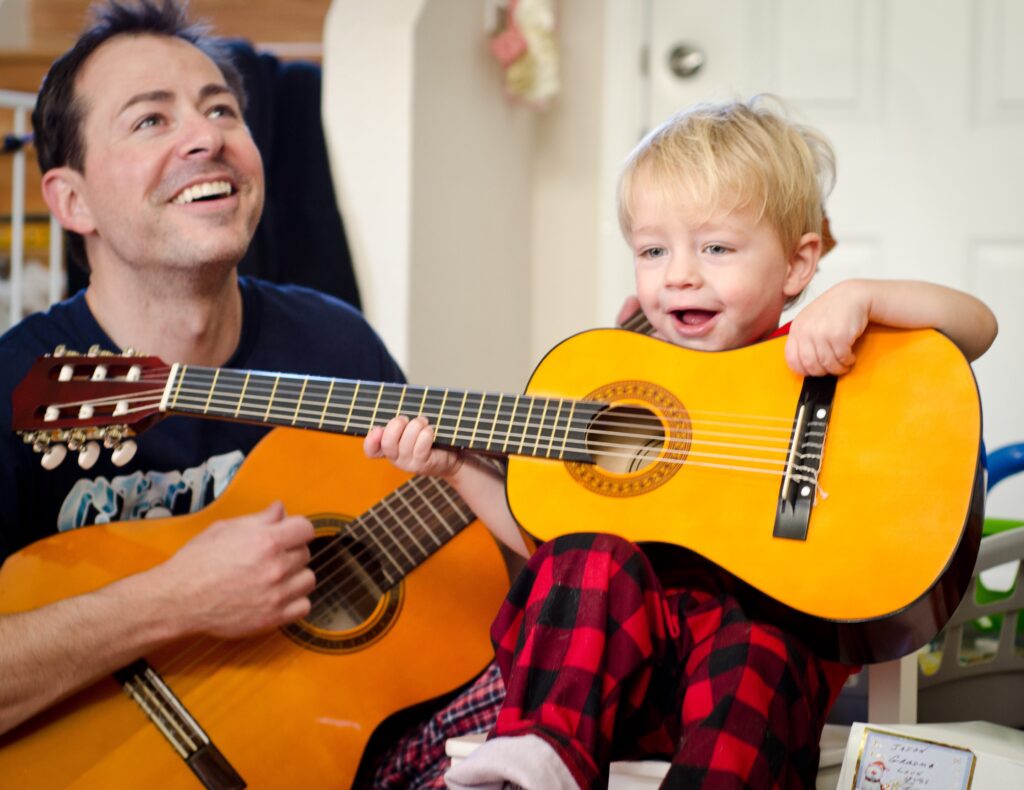Dear Clobazam,
Well, it’s been a long road, Clobazam. May I call you Onfi? We’ve known each other long enough now that I feel like we can use our informal names. You can call me Dave.
As I was saying, it’s been a long road. We’ve known each other for more than eight years. Our doctor introduced us when our son was in bad shape. She said although you were relatively new, you had been known to help other children like our son, and, let’s face it, we weren’t in a position to turn away anything that could potentially save him.
I don’t need to tell you, but the list of side effects with benzodiazepines is intimidating, especially for children. There was also the matter of cost since our insurance didn’t fully cover you. But we were trying to save our son, so we’d pay anything, and we were fortunate to find the National Organization for Rare Disorders that helped us.
While we were trying to figure out the financials and come to terms with the side effects, we started to see a reduction in seizures. As messy as everything was, that was the light that we followed. As you know, we had tried so many other medications, and they either didn’t help or made things worse or came along with catastrophic side effects like your cousin Klonopin or the nefarious Keppra.
When we started to see behavior issues after increasing your dose, we feared the worst. What Keppra had done nearly broke us, and it was happening again with you. The thought that the only way to control the seizures was to let the emotional regulation get out of control was a choice I didn’t know that I could make. Fortunately, backing off on how much of you my son used brought him back to us—too much of a good thing, as they say.
We made a few adjustments over the years regarding how much of you and when my son needed you. Eventually, you were only required at night and became part of our nighttime routine, like tea and bedtime stories. Even though you couldn’t make all his seizures go away, you gave him a chance at a much better, less seizure-filled sleep which also resulted in a better quality of life.
When our doctor brought up the idea of letting you go, I was nervous and skeptical. It’s not that I forgot the dangers of long-term use, but you were one thing I knew had worked. She said we would take our time to make sure the separation didn’t cause more stress or seizures. It would be a long goodbye.
About halfway through, we noticed a few changes in our son. The seizures mostly stayed the same, but he was always exhausted and sometimes irritable. We paused the wean for a few weeks until, fortunately, we saw our son stabilize. Even though it turned a ten-week wean into a few months, the extra precaution was warranted, given our track record.
Once we continued to reduce the dosage, we didn’t stop until it was done. When I filled his medicine containers, I did it for the first time in a long time without adding any of you to the nighttime compartment.
And here we are. We’re a few weeks past our separation. Our son is doing well. We increased the dosage of a different medicine to help compensate for not being under your…protection? Influence? I don’t know what the right word is.
We may not need you now, but you will always have been a part of our journey and one reason why our son has made it to where he is today. For that, I am grateful.
Farewell,
Dave



